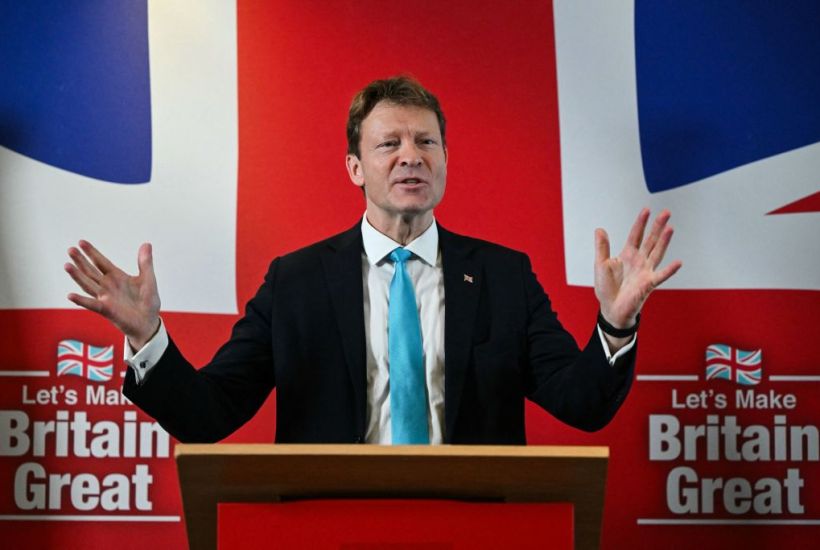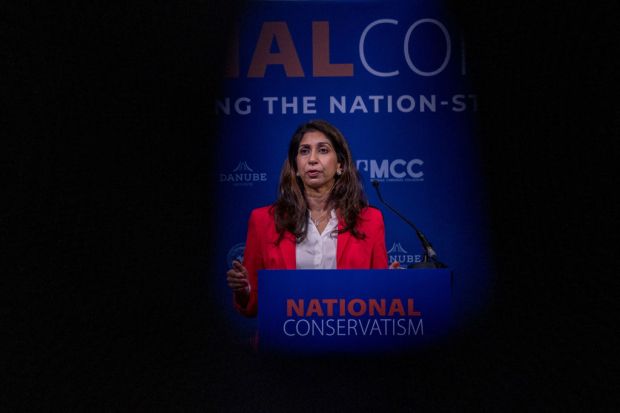What exactly does the Reform party stand for? Helpfully, its leader Richard Tice gave a press conference on Wednesday at which he sketched out some of his party’s principles and policies. The millionaire businessman described the Tories and Labour as ‘two sides of the same socialist coin’, citing in evidence ‘record high taxes’, ‘record high wasteful government spending’, ‘record nanny state regulations’, and ‘mass, uncontrolled immigration on a scale this country has never seen before’.
Already a subscriber? Log in
Subscribe for just $2 a week
Try a month of The Spectator Australia absolutely free and without commitment. Not only that but – if you choose to continue – you’ll pay just $2 a week for your first year.
- Unlimited access to spectator.com.au and app
- The weekly edition on the Spectator Australia app
- Spectator podcasts and newsletters
- Full access to spectator.co.uk
Or



















Comments
Don't miss out
Join the conversation with other Spectator Australia readers. Subscribe to leave a comment.
SUBSCRIBEAlready a subscriber? Log in